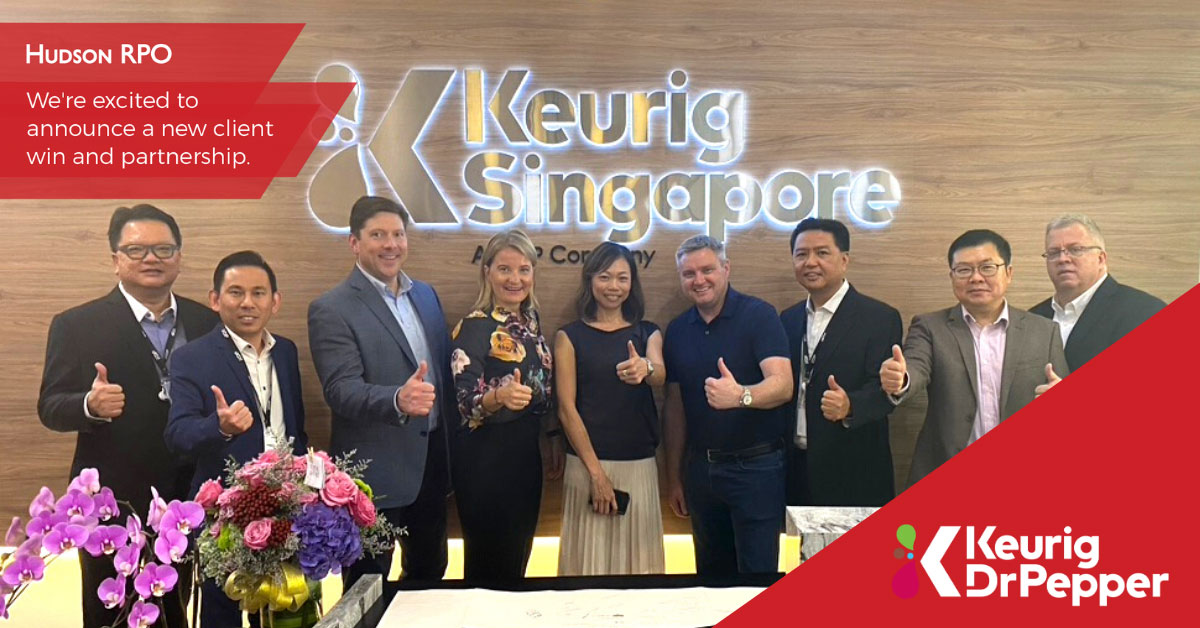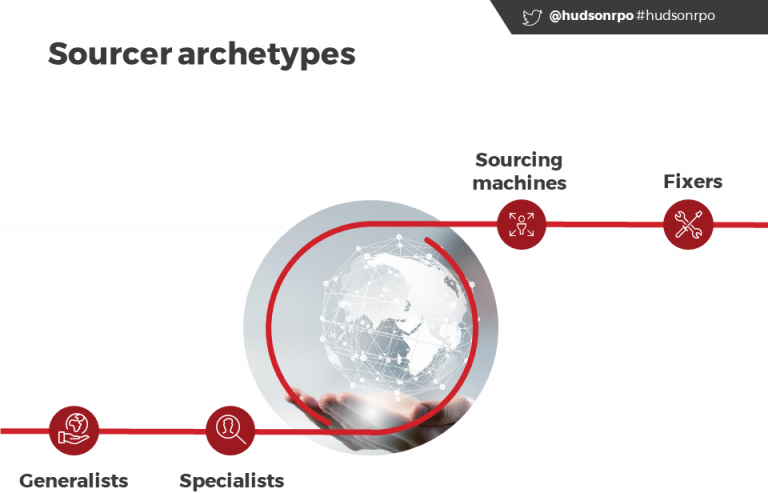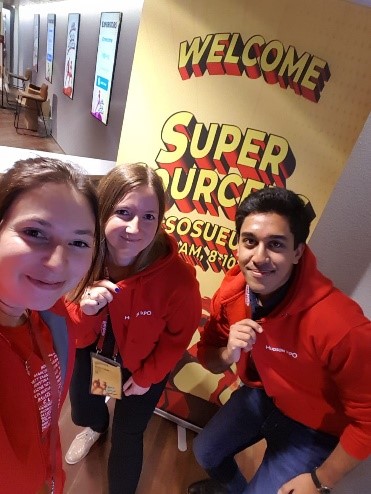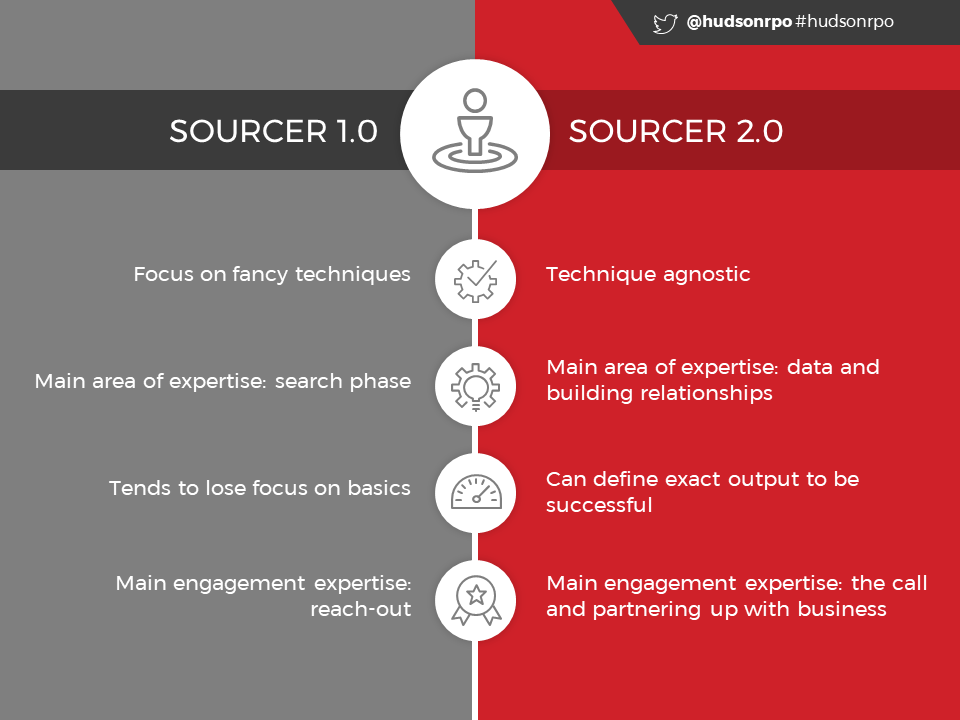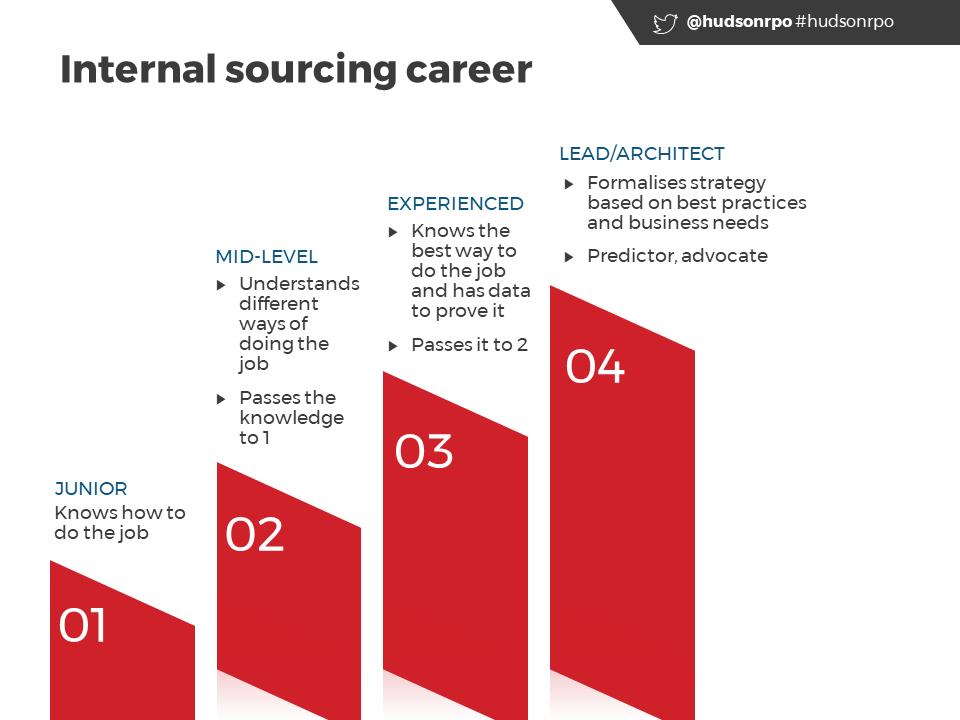We’re pleased to announce our new RPO client partnership with beverage industry leader Keurig Singapore! Our team successfully supported Keurig in Asia with the opening of a new Asia Operational Hub in Singapore. We also supported the client’s recruitment needs in China. Congratulations to everyone involved in this partnership. We look forward to supporting continued growth for Keurig Singapore!
